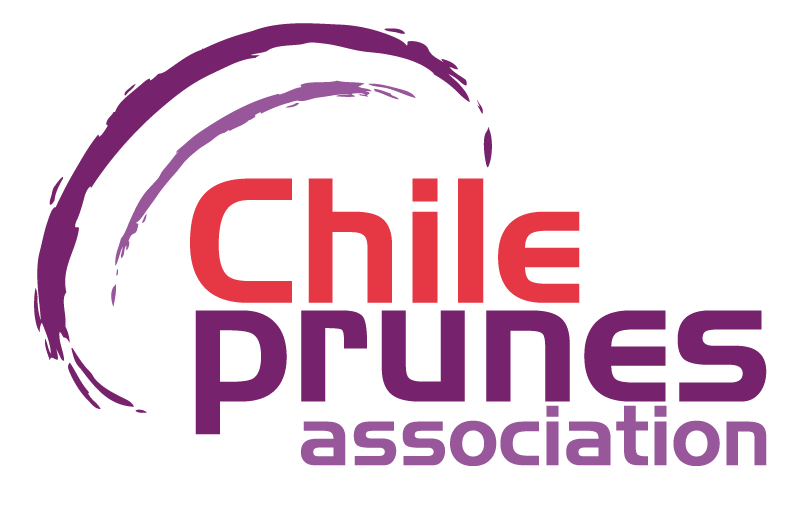A first version of the standard has been defined, which must be validated by a technical committee. It contemplates around 150 actions in the dimensions of Environment, Quality, Management, Social and Ethics, which should impact more than 300 companies linked to the sector.
Prunes producers and processors have been working for nearly a year to develop a sustainability standard, under the auspices of the Association of Dried Prune Processors and Exporters of Chile, Chileprunes, which groups 70% of exports of dried plums.
The first version of the standard, which must be validated by the technical committee, contemplates around 150 actions, grouped into 5 dimensions: Environment (addressing issues of water, soil, biodiversity, waste inputs, energy and greenhouse gases), Quality (management quality and safety management), Management (economic viability), Social (local communities and working conditions and social protection) and Ethics (compliance with legislation).
An impact of more than 300 companies of different sizes is estimated, including partners and, mainly, suppliers of the prunes industry. Of course, there is no mandatory action, each producer must define what actions he wishes to include in his certification process.
“When we started the process, the companies were concerned that the standards were far from or out of step with the reality of the sector, but in the end we have had a very good reception and work together,” says the IICA agricultural extension specialist and alternate coordinator. of the project, Fernando Barrera, who has made multiple visits to the field, to large and small companies, to farmers and producers to validate the process.
Supported by the Foundation for Agrarian Innovation (FIA), an agency of the Ministry of Agriculture, and led by the Inter-American Institute for Cooperation on Agriculture (IICA), the aim is to develop and implement a sustainability standard for this agro-industrial sector, with a wide validation of the different actors that make it up, within the framework of the Conscious Origin Chile program, coordinated by the Office of Agrarian Studies and Policies, Odepa.
Fernando Barrera adds that the objective of the standard is to propose a management tool for companies in the industry, allowing them to identify good practices and actions that are currently implemented or that can be executed in the short or medium term, in order to carry out the processes more sustainable.
This process should last around two and a half years until it achieves the sustainable seal “Chile Conscious Origin” from the Ministry of Agriculture. After the development of the standard, there will come another three stages related to auditing, training and certification.
The milk and poultry and pork sectors already have this seal, which is why the prunes industry is at the forefront in terms of sustainability. “Our sector has a genuine interest in sustainability, a process in which we have been identifying gaps and aspects in which we need to advance, carrying out a participatory process that incorporates various actors in the chain, from the field to the table of the final consumer. , from the farmer and producer, to the suppliers, suppliers, exporters and customers”, adds Pedro Acuña, executive director of Chileprunes.
All sectors of the economy are feeling more and more interested in improving their performance in the field of sustainability. The view today is broader and the new sustainability standards not only involve environmental matters, but also incorporate the relationship of companies with the community, business ethics and the economic sustainability of the agricultural business.



